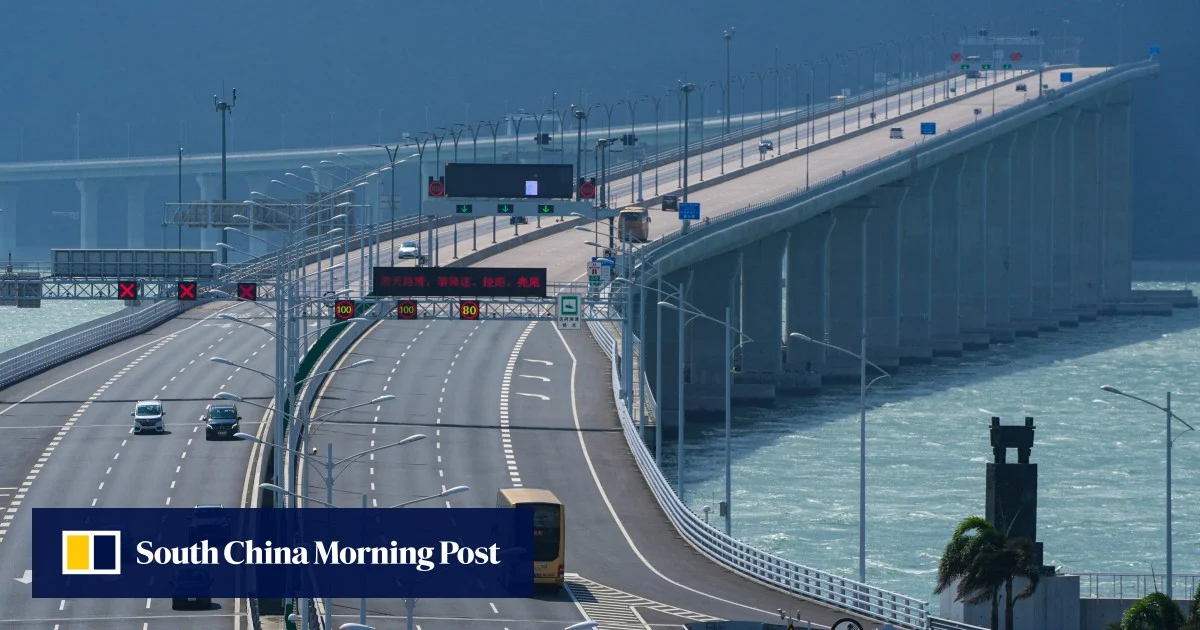Wednesday, May 28, 2025
Canada has added Indonesia to a growing list of countries—including Brazil, Mexico, the United Kingdom, the United Arab Emirates, Germany, Spain, and The Bahamas—under its latest travel warning, citing escalating safety risks for tourists such as terrorism threats, violent crime, political instability, and regional unrest. This unified advisory reflects a rising global pattern of security concerns affecting popular tourist destinations, as Canadian officials urge travellers to exercise a high degree of caution and remain vigilant amid a surge in post-pandemic international travel.
Indonesia: Political Tensions and Regional Violence Prompt Caution
Canada’s alert for Indonesia advises travellers to be highly cautious due to ongoing political and social unrest, along with a persistent terrorism threat across the country. Most notably, Canadians are urged to avoid all non-essential travel to the provinces of Indonesian Papua, citing a high frequency of violent incidents, threats against foreigners by militant groups, and potential risks of kidnapping. However, Raja Ampat islands and Sorong in Southwest Papua remain exceptions to this elevated risk.
Brazil: Crime and Border Zone Threats Put Travellers at Risk
In Brazil, Canadian authorities warn of high crime rates and violent gang activity, particularly in densely populated urban areas. Travellers are advised to avoid border areas within 20 to 50 km of countries like Venezuela, Colombia, Bolivia, and others, where the risk of organized criminal activity and drug trafficking-related violence is high. While popular tourist sites like Rio and São Paulo remain accessible, visitors should remain alert and avoid venturing beyond well-secured zones.
Mexico: Expanding Danger Zones Due to Organized Crime and Kidnapping
The advisory for Mexico is among the most detailed, reflecting widespread regional instability. While the entire country carries a general caution due to high levels of criminal activity and kidnapping, Canada advises avoiding non-essential travel to several high-risk states including Chiapas, Chihuahua, Guerrero, Michoacán, and Zacatecas, among others. In some cases, exceptions are made for specific cities like Morelia, Patzcuaro, or Manzanillo, but only if accessed directly by air. Violent incidents, cartel operations, and security breakdowns remain rampant in many of these regions.
United Kingdom: Threat Level Remains Substantial Amid Terrorism Concerns
Despite being a historically safe destination, the United Kingdom remains under a “substantial” terrorism threat level—3 on a scale of 5. The advisory cites past knife attacks, vehicle rammings, and bombings primarily in London, although incidents have occurred elsewhere. High-profile targets such as government buildings, airports, tourist landmarks, and public events are of particular concern. The separate Northern Ireland threat level is even higher, rated at level 4 (“severe”), prompting heightened caution for Canadians traveling to Belfast and beyond.
United Arab Emirates: Elevated Security Amid Terrorist Intentions
The Canadian government’s advisory for the UAE highlights an ongoing terrorism threat, with terrorist groups explicitly targeting the region. While security forces maintain strict controls, travellers are warned that attacks can occur with little warning in public venues such as hotels, malls, mosques, and transit stations. The Middle East’s broader geopolitical tensions also raise the risk of flight disruptions, airspace closures, and last-minute emergency measures.
Germany: Persistent Terrorism Threat and Seasonal Spike in Petty Crime
In Germany, the travel warning is based on both terrorism threats and an uptick in petty crime, particularly in high-traffic areas like train stations, tourist sites, and Christmas markets. Organized pickpocketing rings are active year-round, but activity spikes during summer and winter travel seasons. Canadian passports are increasingly being stolen on trains, prompting a reminder to keep all travel documents secured at all times.
Spain: Surge in Thefts and Heightened Alert for Urban Tourists
Similarly, Spain has seen a sharp rise in theft and passport loss in major cities, especially Barcelona and Madrid. Common techniques include distraction scams, staged accidents, and impersonation of plainclothes police. Key tourist zones like Las Ramblas, El-Prat Airport, Güell Park, and Puerta del Sol are hotspots for coordinated theft, particularly during festivals and weekends. Travellers are advised to never surrender documents without confirming official credentials and to avoid displaying valuables.
The Bahamas: Crime Spikes in Nassau and Freeport Prompt Stronger Warnings
Finally, The Bahamas has joined the travel warning list amid an escalation in both violent and petty crime, especially in Nassau and Freeport. Incidents of armed robbery, burglary, and sexual assault have been reported even in daylight hours and near major tourist centers, including cruise ship terminals and luxury resorts. Canadian travellers are urged to stay within secure zones, avoid isolated beaches after dark, and take added precautions during national holidays and regattas when crime rates tend to rise.
Why the Warning Matters Now
This coordinated update from Canadian travel authorities signals a rising concern about global instability as international travel rebounds post-pandemic. The diversity of regions listed—ranging from Southeast Asia and Latin America to Europe and the Caribbean—reflects a broader pattern of regional volatility, increased terrorism risk, and growing criminal activity targeting tourists.
Canadian officials are encouraging travellers to:
- Monitor local and international news
- Register with the Registration of Canadians Abroad service
- Maintain heightened awareness in public spaces
- Avoid demonstrations, crowded gatherings, and high-risk zones
With summer travel plans underway, Canadians are advised to carefully review the latest advisories, consider insurance that covers trip interruptions, and prepare for emergency protocols, especially in countries facing political unrest or security threats.



